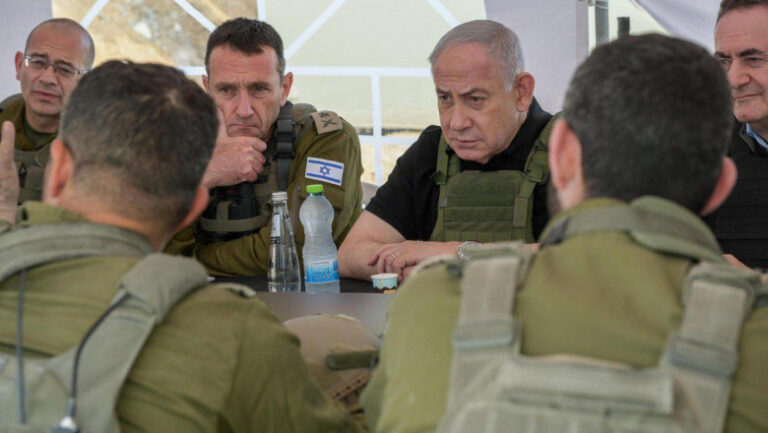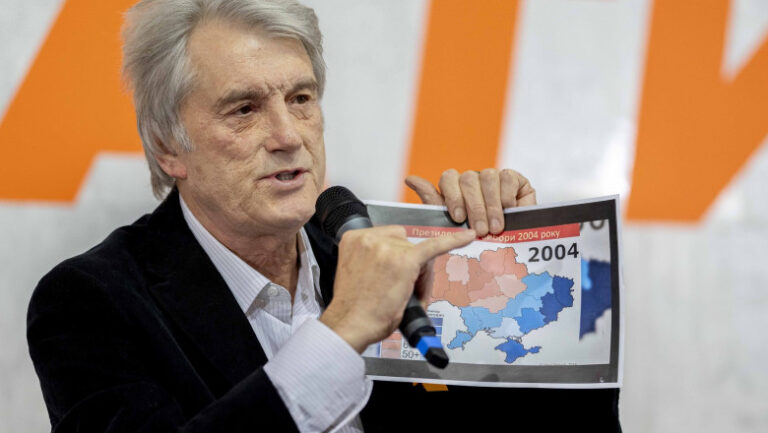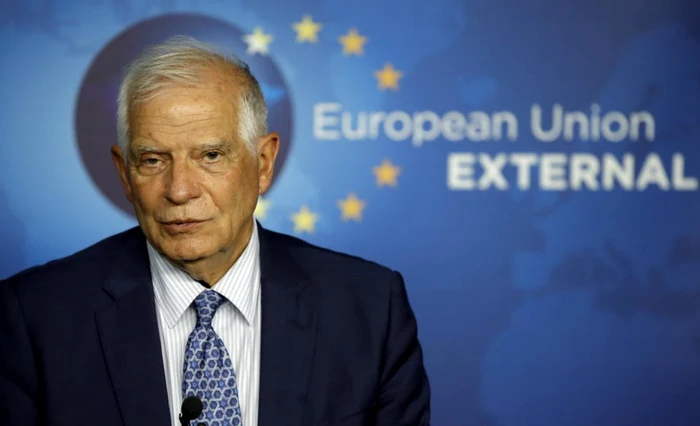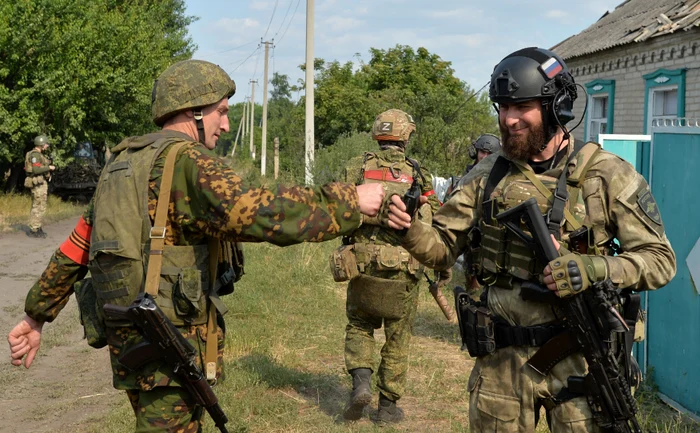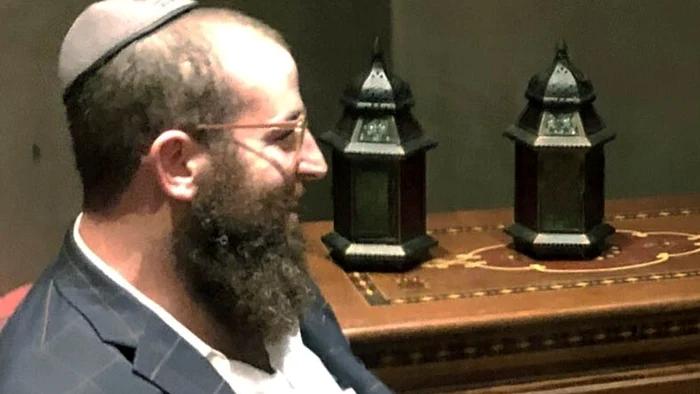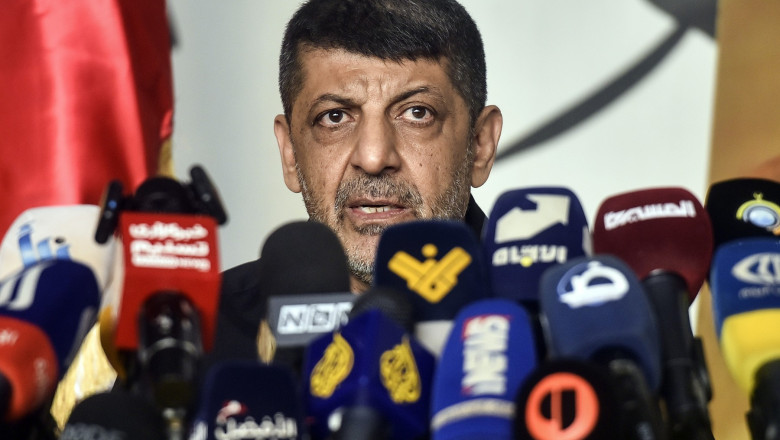
Israeli Air Strike Claims Life of Hezbollah’s Media Chief
In a recent bombing in Beirut, Mohammad Afif, the media relations chief for Hezbollah, was killed. The strike occurred in the densely populated neighborhood of Ras al-Nabaa, which has become a refuge for those displaced by the continuing Israeli bombardment of Beirut’s southern suburbs.
Details of the Attack
The Israeli military has not commented on the incident, nor was there any evacuation order for the area on the Israeli military spokesman’s social media account before the blast. The building hit by the attack was reportedly housing the Ba’ath Party offices. The party’s Lebanon head, Ali Hijazi, confirmed that Afif was in the building when it was struck.
News footage showed the building’s upper floors collapsed onto the first floor, with civil defense workers on the scene. The Lebanese Health Ministry reported that the attack resulted in one death and three injuries, with ambulances rushing to the scene amid sporadic gunfire intended to keep crowds away.
Mohammad Afif’s Role
Mohammad Afif was a prominent figure in Hezbollah, serving as a media adviser to the former secretary-general, Hassan Nasrallah, who was also killed in an Israeli air strike in late September. Afif had a significant role in managing Hezbollah’s Al-Manar TV station for several years before leading the group’s media relations office.
Throughout the ongoing conflict, Afif frequently hosted press conferences amidst the destruction in Beirut’s southern suburbs. In his last comments to reporters, he expressed confidence in Hezbollah’s ability to resist Israeli forces, asserting that they had enough weapons and supplies to fight “a long war.”
Continuing Conflict
The death of Mohammad Afif is the latest in a series of escalating exchanges between Hezbollah and Israel, which have been ongoing since October 2023. This follows a deadly attack on southern Israel by Hezbollah’s ally Hamas. The situation escalated dramatically in late September when Israel increased its bombing campaign in Lebanon, specifically targeting its southern, eastern, and southern suburbs of Beirut.
